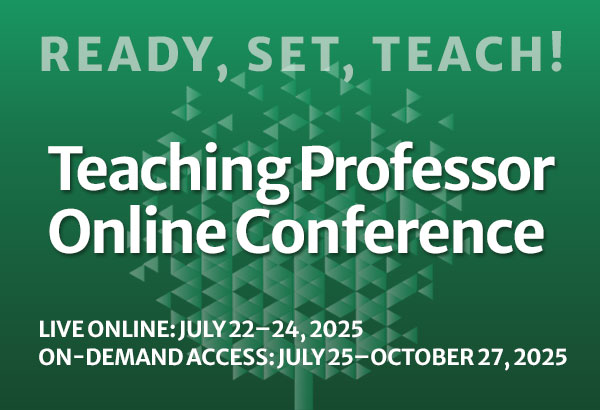Taking the Tech Out of Technology
Discussion boards. Google documents. YouTube videos. TED Talks. Khan Academy. These are just a few of the many resources some of us have used in our ever-growing arsenal of techie tools. We want to stay on the cutting edge. The Online Learning Consortium predicts this



